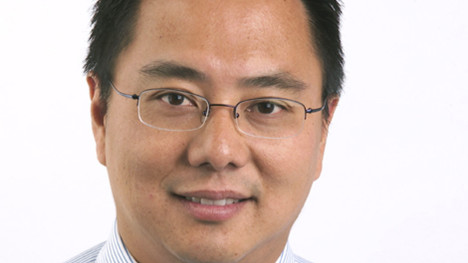Nick Chan: the dream job, strategic differences (and Rebel Wilson?)
For Nick Chan, the CEO role at magazine publisher Bauer Media was his dream job, and the one that almost got away. Yet little more than a year later, Chan has exited the business with the company’s NZ CEO taking on the role. Mumbrella’s Miranda Ward examines what changed in the Bauer-Chan relationship.
Sometimes getting what you always wanted isn’t worthwhile. The reality versus the dream are two different things and your glamorous visions of what that dream will entail end up dashed in the dirt. For Nick Chan, this is his reality as news broke today of his sudden departure from Bauer Media, the dream job he’d longed for. It was always going to be an uphill battle for Chan to restore Bauer Media to its former ACP glory days – but the circumstances have never favoured him.
It was always going to be an uphill battle for Chan to restore Bauer Media to its former ACP glory days – but the circumstances have never favoured him.
Chan started his publishing career at Kerry Packer’s ACP Magazines, which was acquired by Bauer Media in 2012, and was considered a protege of ACP’s former publisher, Richard Walsh.
It has often been speculated that Chan wanted to succeed Walsh in the top position at ACP; however, a sudden departure in December 2000, after rising to become the company’s chief operating officer and then deputy publisher, squashed that dream.
Chan, after two years as CEO of Text Media, resurfaced at Bauer Media rival Pacific Magazines where he spent the next 10 years as its CEO.


Typo. Last sentence.
Thanks Another journo. Well spotted. We have fixed.
Thanks too for reading to the end.
Vivienne – Mumbrella
It’s an insane time in the industry but the years I worked at Pacific Mags under Nick Chan were some of my happiest. Never met a CEO that was so down to earth and he’s always said hello and endeavoured to know people’s names from the top to the bottom (and I wasn’t at the top).
Those who know – there will always be Perisher ,Cold Chisel and Khe Sanh and Grange.
Surely Bauer’s insurers will be picking up the tab for the Rebel Wilson damages and legal costs?
They’re self insured!
I wonder if your journalist has ever met Paul Dykzeul. Maybe she should check out the man and the job he has done at Bauer NZ.
What has he done?
mmm, disappointing news. Bauer don’t seem to understand the value of what they have – an aggregated audience across a number of titles, or if they do they don’t know how to innovate particularly with video content. Great brands withering on the vine…..
All the very best Nick. I have no doubt he entered Bauer with eyes wide open after running Pacific. We will miss you as you are one of the greatest leaders in the industry
Such a loss for Bauer and the industry. Nick is one of the smartest people
I have ever worked with and I learned so much working for him.
‘The dream job’ – working for a print publisher – #yakidding
Sad day for Bauer. Awesome man and top operator. May the force be with them.
Sad to see what is happening to the publishing industry.
I worked for Nick for 6 years and have the utmost respect for him.
If anyone can salvage and turn around, it might be him.